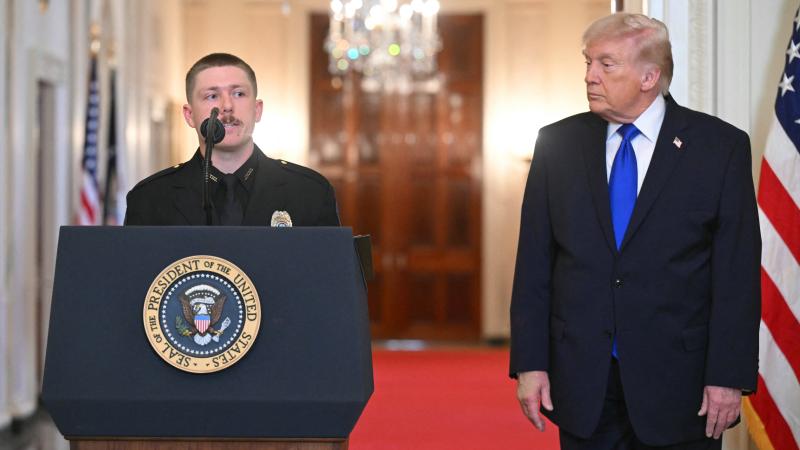Judges dismiss RNC overseas ballot lawsuits in Michigan, North Carolina
The RNC claimed that the states improperly accepted ballots from overseas voters who never lived in those jurisdictions.
Judges in Michigan and North Carolina dismissed lawsuits from the Republican National Committee related to overseas ballots that were allegedly accepted improperly by the states.
In the lawsuits, the RNC claimed that the states improperly accepted ballots from overseas voters who never lived in those jurisdictions, with the respective Republican state parties joining the lawsuits. The two judges in the separate cases dismissed both lawsuits on Monday.
Both states accept federal Uniformed and Overseas Citizens Absentee Voting Act (UOCAVA) ballots from U.S. citizens living abroad if their parents were eligible to vote there before moving overseas. Michigan also includes spouses who had lived in the state.
A total of 38 states and Washington, D.C., allow Americans who have never resided in those locations to cast absentee ballots there if they meet certain criteria.
Michigan Court of Claims Judge Sima Patel ruled Monday that the RNC filed the lawsuit too late, making it “extremely difficult or impossible” to separate the thousands of challenged ballots with Election Day so close. He added that the state's guidance for overseas ballots is legal.
“A challenge could have been raised at any time after 2017, and should have at least been brought earlier in the year leading up to the general election, not 28 days before,” Patel wrote.
In North Carolina, Wake County Superior Court Judge John Smith ruled on Monday that "there is absolutely no evidence that any person has ever fraudulently claimed that exemption and actually voted in any North Carolina election." He rejected the RNC's request for a preliminary injunction.













